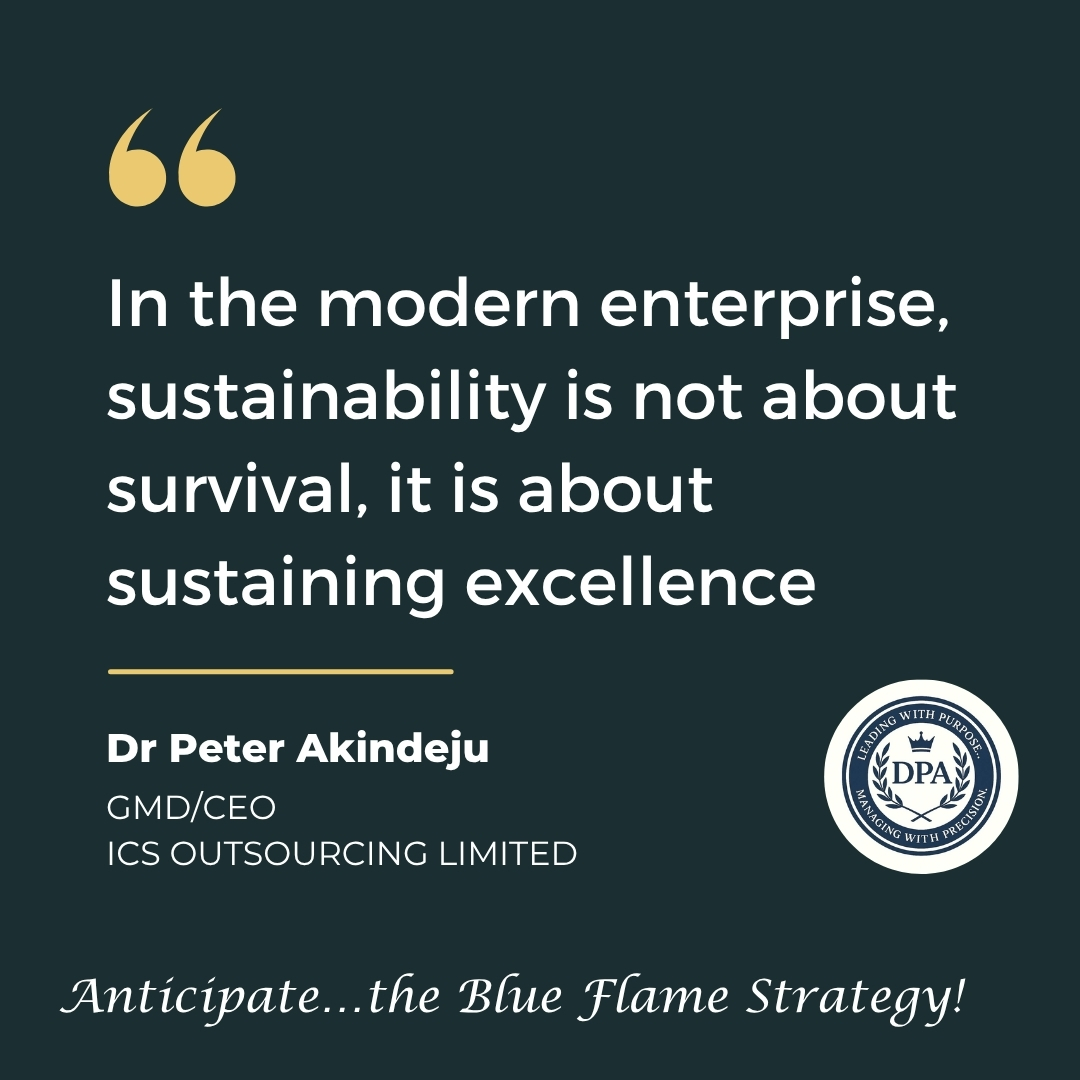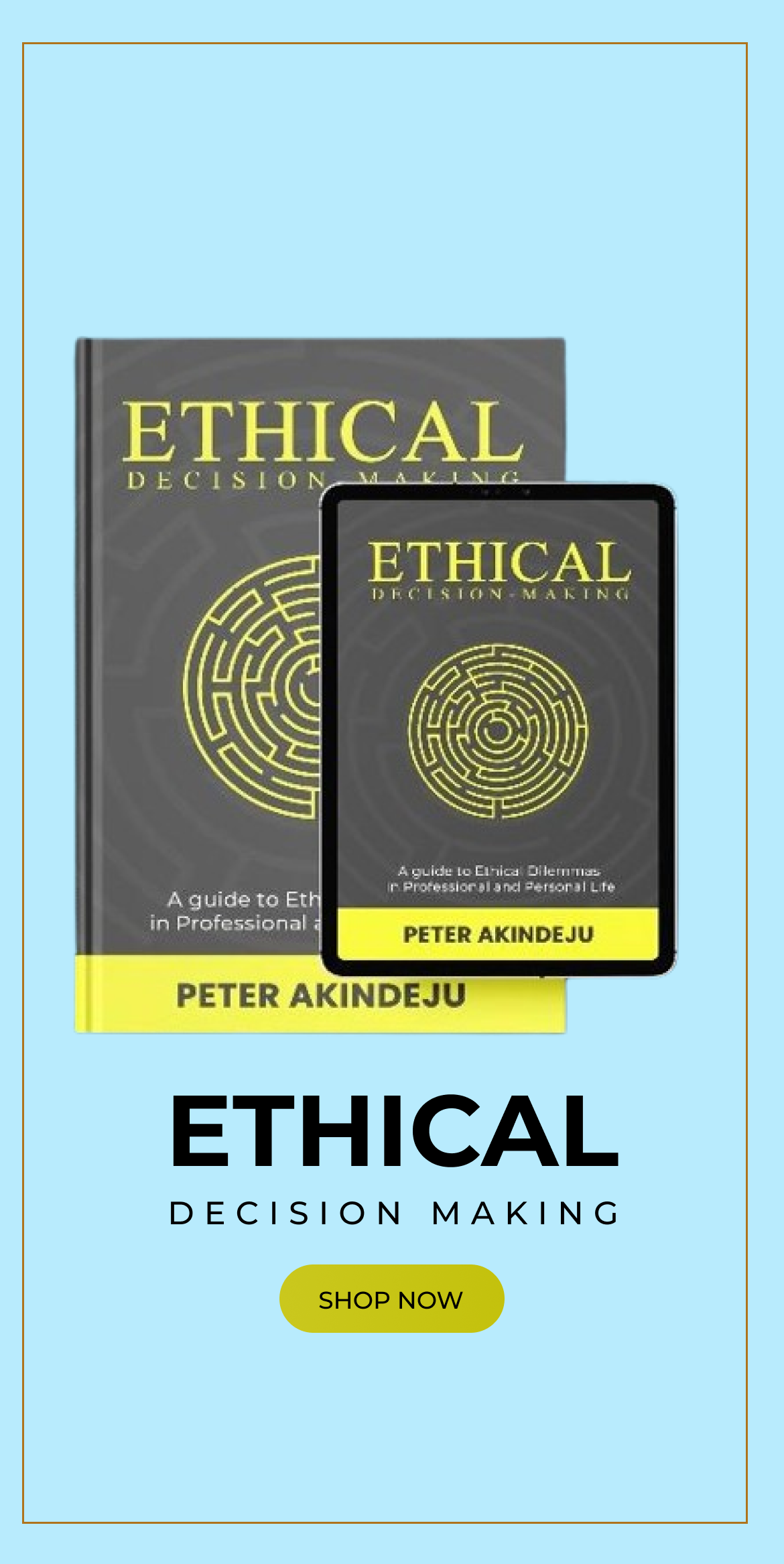
There was a time when corporate sustainability primarily signified an organization’s ability to endure through economic recessions, technological disruptions, or political uncertainty. Survival was the operative word. But the realities of the 21st-century enterprise have fundamentally redefined the term. Today, sustainability has evolved into a forward-looking ethos, one centered on the relentless pursuit of excellence, ethical innovation, stakeholder trust, and long-term impact.
This shift reflects a deeper transformation in what society expects from businesses and, in turn, what businesses must demand of themselves. In an era marked by digital acceleration, socio-political scrutiny, and intergenerational workforce shifts, excellence must be continuous, inclusive, and principled.
From Survival to Significance: The Mindset Shift
In Good to Great, Jim Collins (2001) observed: “Good is the enemy of great.”
This deceptively simple idea underscores a profound challenge faced by modern organizations: the temptation to settle. Many firms reach a plateau and stagnate due to the complacency of past success, yet the imperatives of today’s markets leave little room for such inertia. Stakeholders, customers, employees, investors, or regulators are demanding more than profitability; they are calling for purpose, transparency, and resilience.
They are asking:
- Does this organization live by the values it claims to uphold?
- Is it able to adapt without compromising integrity?
- Can it deliver consistent, meaningful value across time and terrain?
Unilever: A Case Study in Purpose-Led Excellence
A vivid example of this principle in action is Unilever under the leadership of Paul Polman. Rejecting the conventional short-termism of shareholder primacy, Polman implemented a long-horizon sustainability strategy focused on ethical sourcing, supply chain transparency, and environmental stewardship.
Between 2009 and 2019, Unilever’s “Sustainable Living Brands”—products with a strong sustainability purpose—grew 69% faster than the rest of the portfolio and delivered 75% of the company’s growth (Unilever, 2019). Moreover, the firm saw significant improvements in employee engagement and successfully attracted a new generation of purpose-driven talent.
Polman’s philosophy was unambiguous: “Sustainability is not about doing less harm. It’s about doing more good” (Polman, 2019).
Unilever’s experience shows that sustainability is not a corporate social responsibility (CSR) add-on; it can and should be a source of competitive advantage and a mechanism for enduring excellence.
Excellence as a Standard, Not a Peak
In a volatile world, stability means developing the agility and discipline to maintain excellence amid change. This demands a reframing of how leaders think about performance.
Instead of pursuing short bursts of achievement, organizations must cultivate cultural, strategic, and operational rhythms that generate repeatable, scalable success. This requires asking critical questions:
- Are we designing systems that nurture people and purpose over time?
- Are we integrating innovation with integrity, not just for market dominance, but for societal relevance?
- Are we building resilient teams and institutions that can thrive across generations?
Conclusion: From Sustainability to Stewardship
True sustainability is a manifestation of stewardship. It is what happens when organizations refuse to separate ethics from ambition or performance from purpose. It is about ensuring that the flame of excellence is not just ignited, but kept burning through downturns, disruptions, and decades.
As you lead your organization or craft your leadership journey, let this be your guiding ethos:
Don’t just survive the future. Shape it with excellence that endures.
References
- Unilever. (2019). Unilever Sustainable Living Plan: Final Report Summary. https://www.unilever.com/sustainable-living/
- Collins, J. (2001). Good to Great: Why Some Companies Make the Leap… and Others Don’t. HarperBusiness.
- Eccles, R. G., Ioannou, I., & Serafeim, G. (2014). The impact of a corporate culture of sustainability on corporate behaviour and performance. Harvard Business School Working Paper, No. 12-035. https://doi.org/10.2139/ssrn.1964011
- Harvard Business Review. (2017). The Business Case for Sustainability. Retrieved from https://hbr.org
- Polman, P. (2019). Net Positive: How Courageous Companies Thrive by Giving More Than They Take. Harvard Business Review Press.

